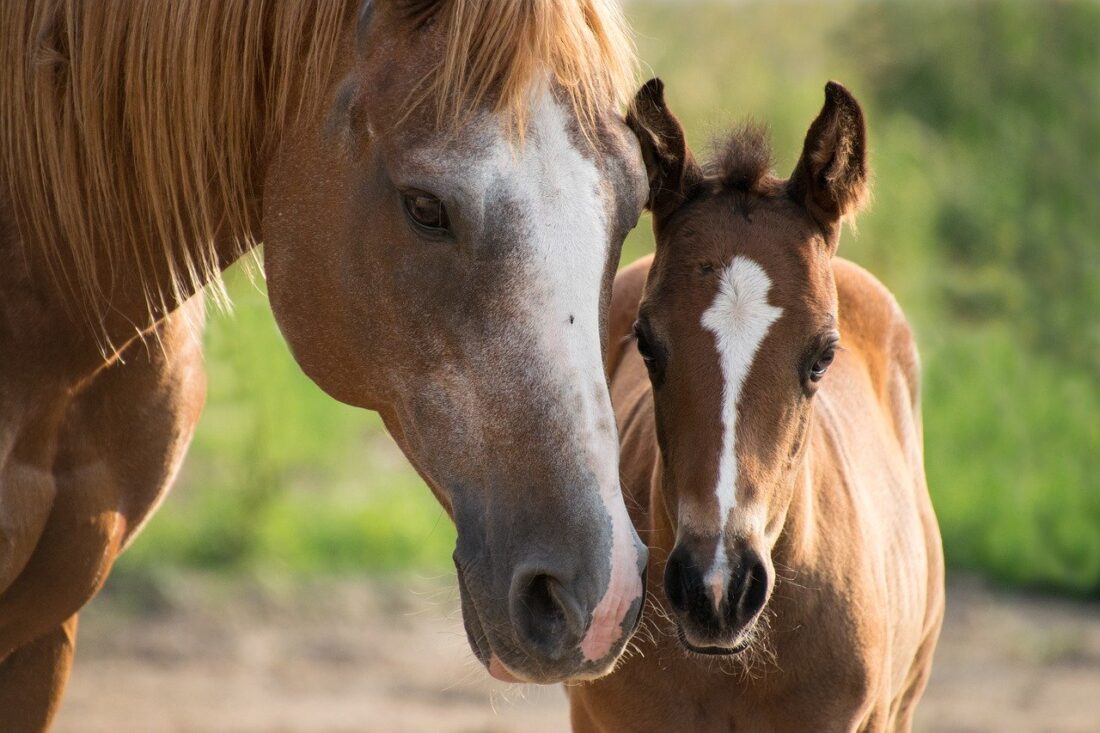Home on the Range: How to Take Care of a Horse
 Do you own a horse? Or, are you thinking of getting one?
Do you own a horse? Or, are you thinking of getting one?
A surprising amount of time and money – between $200 and $300 per month – goes into horse care. And, when it comes to these incredible animals, there are few corners to cut.
In this article, we’ll break down how to take care of a horse to help it stay happy and healthy. Keep reading for more information!
Table of Contents
Housing
If your horse lives outside, make sure it has access to shelter at all times. And, if your horse is stalled, be sure to provide socialization and enrichment, and daily turnout if possible.
During extreme weather conditions including intense heat and humidity or freezing temperatures, your horse will require extra protection from the elements. Adequate shade, a water source that won’t freeze, and a weatherproof blanket are all considerations for owners who live in regions prone to adverse conditions.
Nutrition
A horse’s digestive system is designed small, frequent meals throughout the day. The basic diet for most horses should be roughage consisting of grass and high-quality hay that is free from dust and mold. A trace mineral or salt block and clean water should also be available at all times.
When it comes to owning a horse, nutrition is one of the biggest challenges. Cost and availability are important to keep in mind, especially if you’re planning to own more than one.
Grooming
Brushing, bathing, hoof care, and tooth care are essential to a horse’s health.
Your horse’s hooves should be trimmed every six to eight weeks. And, depending on your horse’s activity level, body type, and the environment you live in, it might need shoes. Consult with your local farrier on how to keep your horse’s hooves healthy, strong, and well balanced.
Your horse’s teeth will need to be inspected once or twice a year, and floated (genty filed) by a veterinarian. This will help to prevent overgrown teeth with sharp points and edges, rot, bad breath, poor digestion, colic, choke (esophageal blockage) and weight loss.
Medical Care
Horses need regular veterinary care including vaccinations and deworming. How frequently your horse requires this care sill depend on age, how much the horse travels, and your location. So, it’s best to consult with your local veterinarian and follow their recommendations.
You’ll also need to care for your horse’s minor medical needs at home. This may include veterinarian prescribed medication, or natural remedies like full extract CBD oil.
Are You Ready to Take Care of a Horse?
Now that you know a bit more about how to take care of a horse, you’re ready to provide the best life possible for your new equine friend.
Keep these tips in mind, and your horse could live for an astonishing 25 to 30 years! Talk about a friend for life…
If you enjoyed this article, don’t miss out on the rest of our content. Our blog posts cover cooking, family, home and garden, money, travel, and more!









